
Governments Are Switching to Linux and Open Source
Learn moreHiring Linux Professional Institute (LPI) certified open source professionals for deployment and administration only makes sense.
Free open source software creates independence from proprietary software and any one vendor. Little wonder governments around the world are switching. As mentioned in The Guardian, “UK Cabinet Office minister Francis Maude plans to standardize on open formats to cut costs on office suite and break ‘oligopoly’ of IT suppliers.” Among other benefits to government, Linux future-proofs the technology stack through open protocols, interfaces, and data formats.
“South Korea switching their 3.3 million PCs to Linux”
“Italy’s Ministry of Defense is pioneering the use of open-source office tools by migrating 150,000 PCs to Libre Office.”
“Our main goal was to become independent.”
– Peter Hofmann, project lead, City of Munich, Germany –
“German State abandons Windows for Linux”
“UK government plans switch from Microsoft Office to open source.”
“Indian Government’s BOSS (Linux) operating system set to replace Windows, ward off hackers.”

Other examples of governments and government agencies that run on Linux.
The U.S. Department of Defense
The U.S. Federal Aviation Administration
The U.S. National Nuclear Security Administration
The Government of Brazil
France’s national police force
France’s Ministry of Agriculture
The French Parliament
NASA
CERN
When you employ Linux Professional Institute certified professionals, you employ the best Linux and open source skill set.
With more than 175,000 certification holders, Linux Professional Institute (LPI) is the world’s first and largest vendor neutral Linux and open source certification body. Delivering exams in multiple languages, with hundreds of training partners, and certified professionals in over 180 countries, LPI is also the global certification standard and career support organization for open source Professionals.
LPI’s distribution neutral certification shows Linux versatility. This means that rather than being limited to one particular vendor technology, LPI professionals are capable of working with multiple open source technologies – mirroring the environments they will experience on the actual job.
Our multi-level track verifies cert holders have the most comprehensive breadth and depth of Linux and open source knowledge. Our certifications are valid for 5-years, longer than most of our competitors.
LPI certification is internationally recognized, which means cert holders can be employed anywhere in the world with the same verified skill set, and knowledge.
LPI is the only certification separate from training, providing the necessary objectivity for true skills verification. It’s also the only exam and certification based on psychometrics as well as being community sourced and verified.

Certifications from the Linux Professional Institute don't just say you have the skills, they prove it.
The Linux Professional Institute (LPI) certification is like professional insurance. When a candidate is properly trained and their knowledge verified through certification, they are less likely to make mistakes and incur costs for the company. They are also more efficient in their projects, in systems administration and faster in solving problems. Why hire an employee when you can hire a professional specialist?
The Certification Magazine 2018 Salary Survey found that:
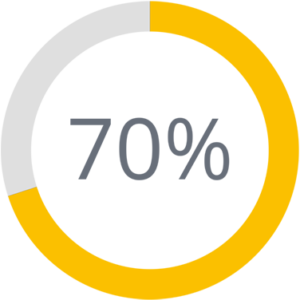
More than 70% say certification can make you more attractive to potential employers.
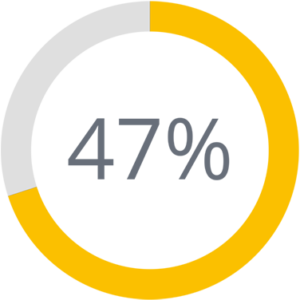
47.4% of IT certificate holders in the US received a pay raise in the first year after being certified
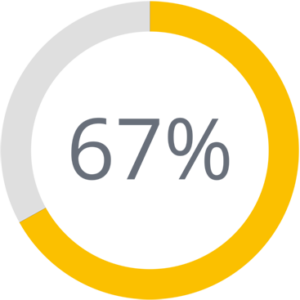
67.6% say that obtaining certification has increased their ability to solve problems.
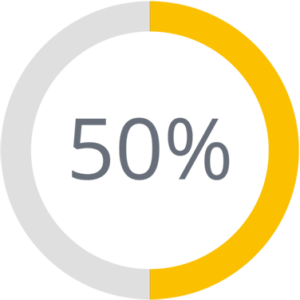
50.4% report that they use skills "learned or improved through certification" multiple times a day.
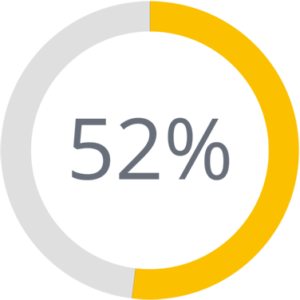
52.4% predict that certifications will become more valuable and impactful.
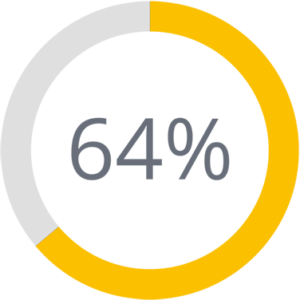
64.6% say that obtaining certification has improved the productivity of their workplace.
What are the most important open source skills according to hiring managers?
Hiring Managers:

- 51% technologies Cloud (OpenStack, Cloud Foundry, etc.)
- 21% Network technologies
- 14% Security
- 8% Containers
- 7% Other
The 2016 "The Future of open source" study by North Bridge and Black Duck found that:
65% of companies leverage open source to accelerate application development.
55% of companies use open source for production infrastructure.
More than 90% of companies say that open source improves efficiency, interoperability and innovation.
33% of companies have a full-time resource dedicated to open source projects.
67% participate in open source to fix bugs or add functionality.
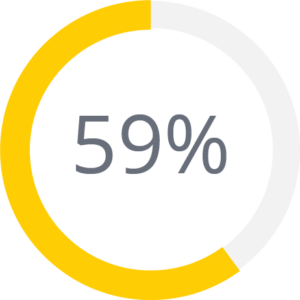
59% participate in open source to gain a competitive advantage.